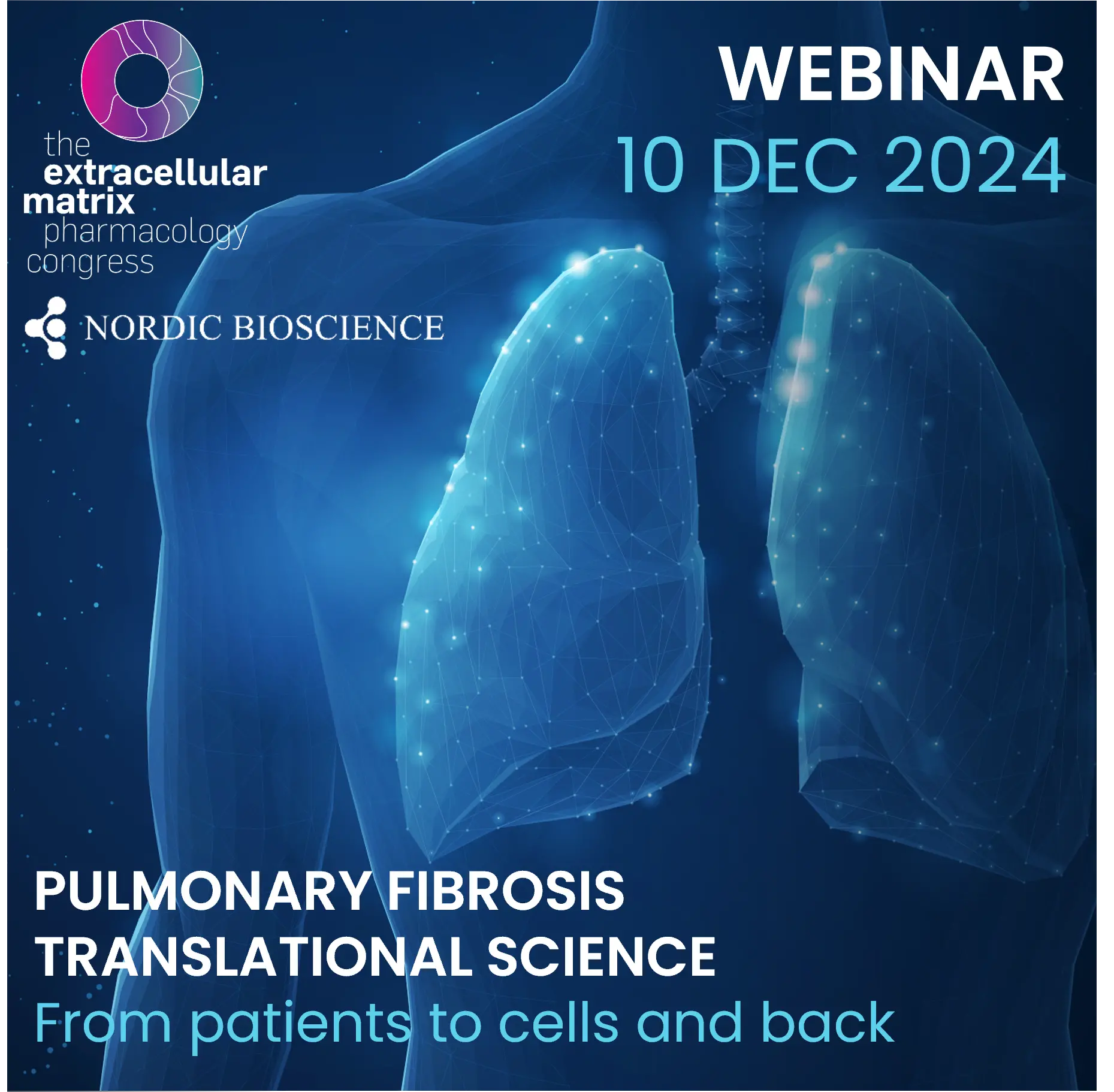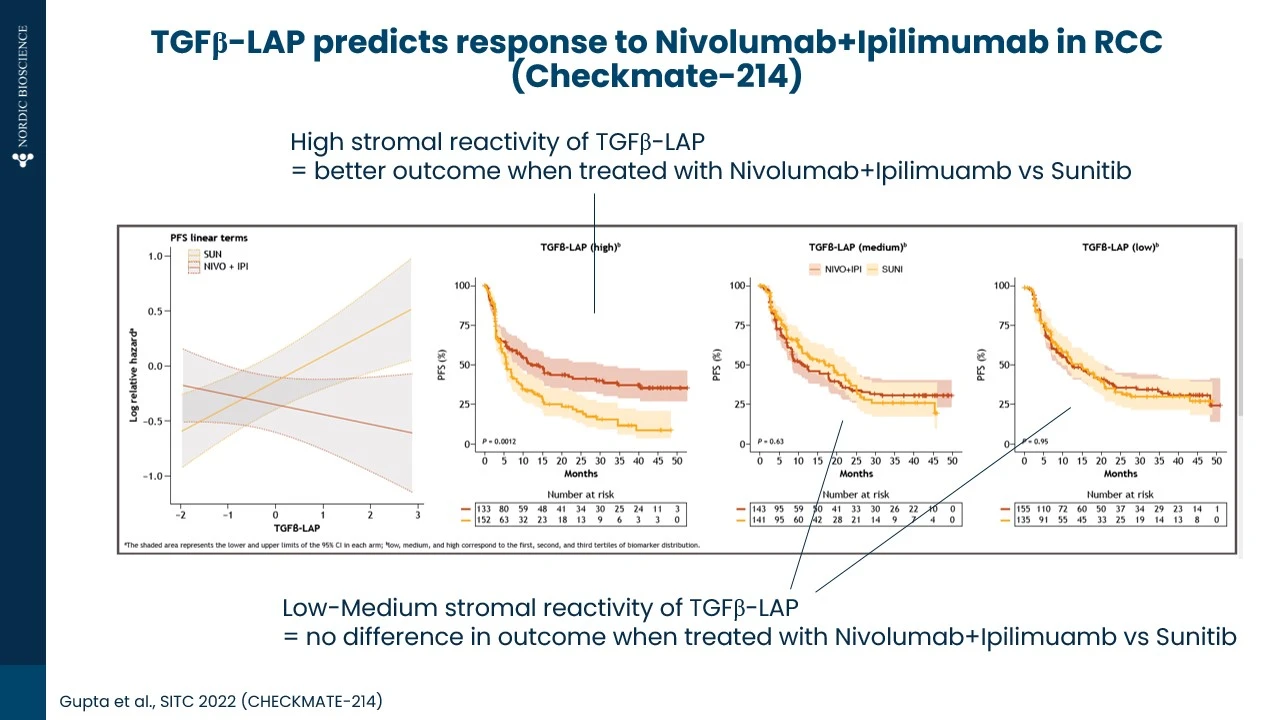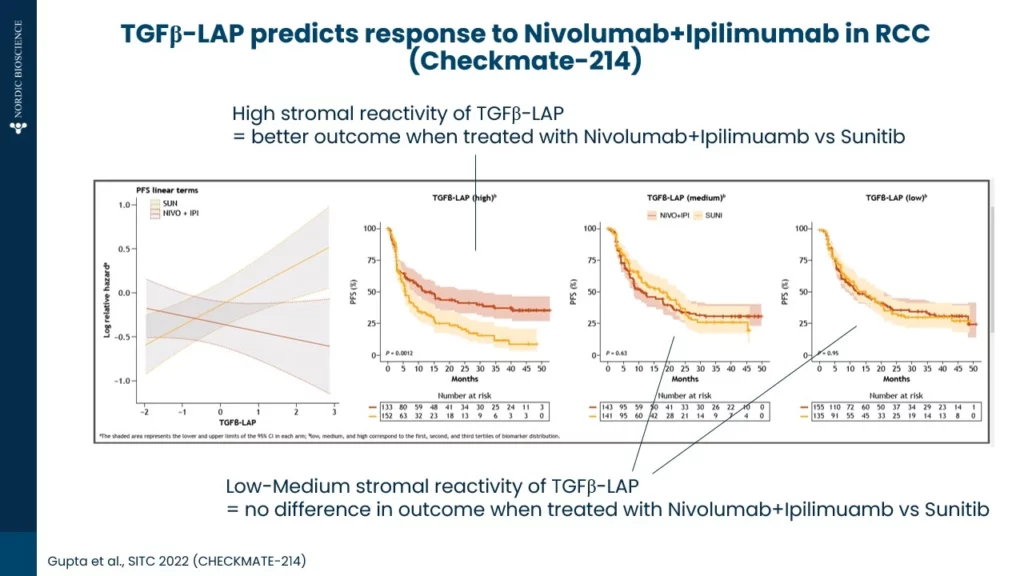Watch “Translational Science in Pulmonary Fibrosis: From patients to cells and back—increasing success in drug development,” to learn more about what drives pulmonary fibrosis, with insights from machine learning and translational biomarkers.
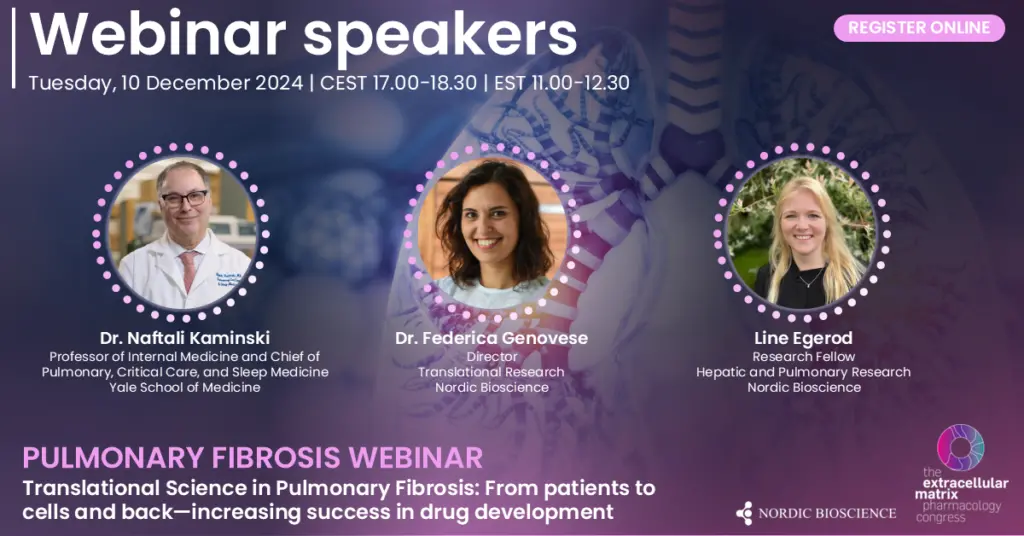
Agenda
- Introduction
- Leveraging machine learning for patient stratification and advanced analytics – a COPD case study | Line Egerod
- Investigating fibrosis mechanisms – what drives fibrosis in the lungs? | Dr. Naftali Kaminski
- Utilizing translational biomarkers for drug development in fibrotic lung diseases | Dr. Federica Genovese
- Roundtable discussion and Q&A
Scientific topics and speakers
The session will begin with an investigation into the mechanisms driving lung fibrosis, examining key processes that underlie this progressive condition. We will then delve into the role of machine learning in pulmonary research, highlighting its application for patient stratification and advanced analytics through a COPD case study.
Finally, discussions will focus on the use of translational biomarkers in drug development, offering insights into more targeted and effective therapies. This webinar is designed for researchers, clinicians, and industry professionals interested in the latest translational strategies for tackling pulmonary fibrosis.
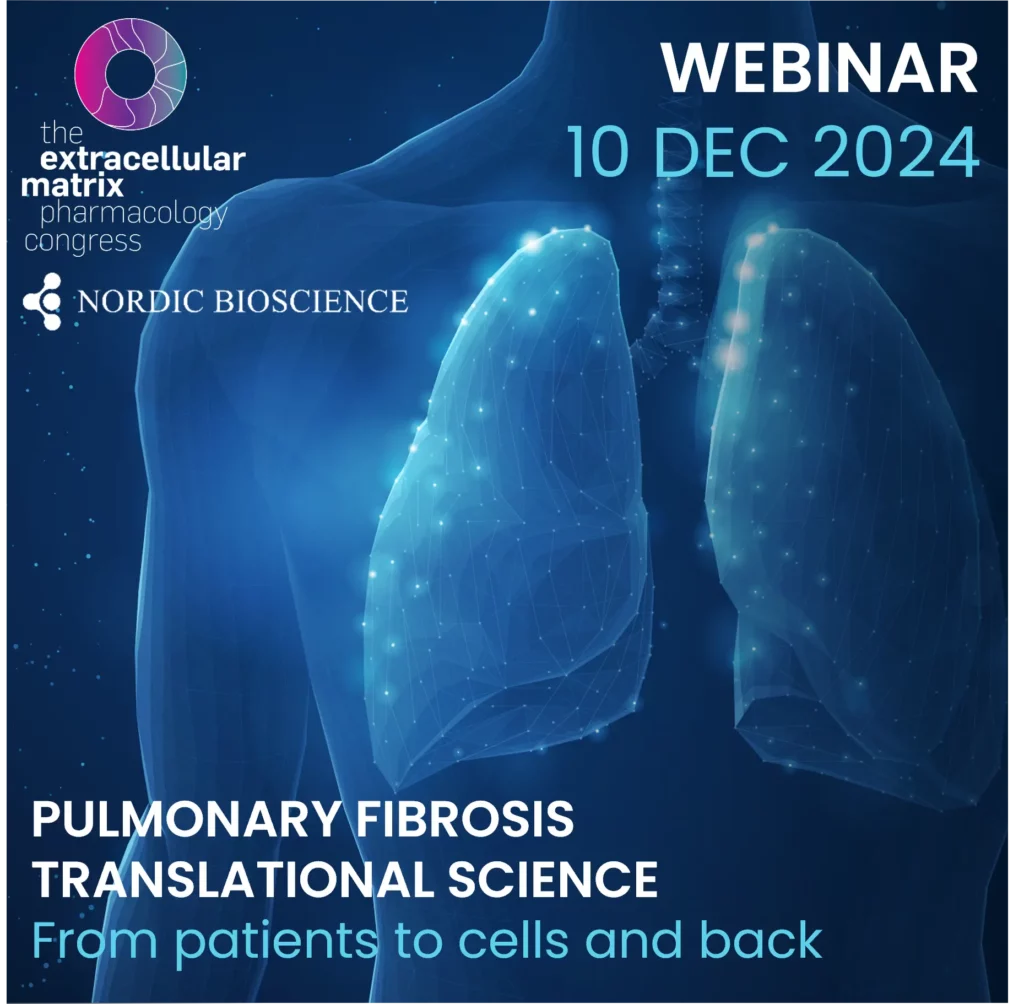
Dr. Naftali Kaminski
- Dr. Naftali Kaminski is the Boehringer-Ingelheim Endowed Professor of Internal Medicine and Chief of Pulmonary, Critical Care, and Sleep Medicine at Yale School of Medicine since 2013, with prior leadership at the University of Pittsburgh.
- He is a global leader in genomic research for chronic lung diseases, including Idiopathic Pulmonary Fibrosis (IPF), COPD, severe asthma, and sarcoidosis, pioneering transcript profiling and omics integration for precision medicine.
- Dr. Kaminski’s research has identified novel therapeutic targets in IPF, such as metalloproteases (MMP7, MMP19), phosphatases (SHP2, MKP5), and antifibrotic roles for thyroid hormone signaling. His team’s discoveries include the role of microRNAs (e.g., let-7, mir-29, mir-33) in lung fibrosis and the development of predictive blood-based biomarkers for IPF risk stratification and transplant prioritization.
- Dr. Kaminski has authored more than 340 peer-reviewed publications in top journals, including Nature Medicine, NEJM, Science Translational Medicine, and Lancet Respiratory Medicine, while consistently securing NIH funding since 2000.
- Recognized for his contributions to pulmonary research, he received awards such as the Marvin I. Schwarz Award (2010), the ERS Gold Medal for ILD (2016), and the ATS Amberson Lecture Award (2022), among many others. He is a Fellow of the American Thoracic Society (ATS) and the European Respiratory Society (ERS) and has served in leadership roles within ATS, including as Chair of the Assembly on Respiratory Cell and Molecular Biology.
- Dr. Kaminski is passionate about training the next generation of physician-scientists in genomics, bioinformatics, and systems biology, mentoring numerous successful MDs and PhDs in launching independent, well-funded careers. He continues to influence clinical and translational lung disease research as an associate editor for Thorax, BMJ, and through leadership in pulmonary genomic medicine.
Dr. Federica Genovese
- Dr. Federica Genovese is the Director of Cardiovascular and Renal (CVR) Research at Nordic Bioscience. She also heads the Translational Research group.
- She joined Nordic Bioscience in 2011 and assumed the role of Group leader of Kidney research in 2015 and then became Director of CVR in 2019.
- Dr. Genovese focuses on developing serologically assessed markers to evaluate extracellular matrix remodeling in patients with cardiovascular and renal diseases, aiding in prognostic and pharmacodynamic evaluation.
- Her team has produced the bulk of data on endotrophin, measured by the PRO-C6 assay, a fibroblast activity marker and a pro-fibrotic molecule, utilized as risk marker of adverse outcomes in multiple fibro-inflammatory diseases.
- Dr. Genovese has authored more than 100 peer-reviewed publications, demonstrating her extensive contributions to the field.
- Her H-index is 28, her I10-index is 42, and her research has garnered over 3400 citations as of November 2024.
Line Egerod
- Line Egerod is a PhD student in the Hepatic and Pulmonary Research Team at Nordic Bioscience based in Copenhagen.
- Before joining Nordic Bioscience in 2022, she worked as a machine learning engineer in Oxford, UK, and Silicon Valley, CA, US, gaining experience across various disease areas.
- She is the main data steward for the ECLIPSE cohort, one of the largest and most comprehensive COPD studies to date.
- Her research focuses on using interpretable machine learning models alongside inflammation and extracellular matrix biomarkers to uncover opportunities for patient stratification and personalized profiling in COPD.
- Working closely with pharmaceutical companies worldwide, she and her colleagues have supported clinical research that has contributed to multiple clinical studies and publications in high-ranking scientific journals.
